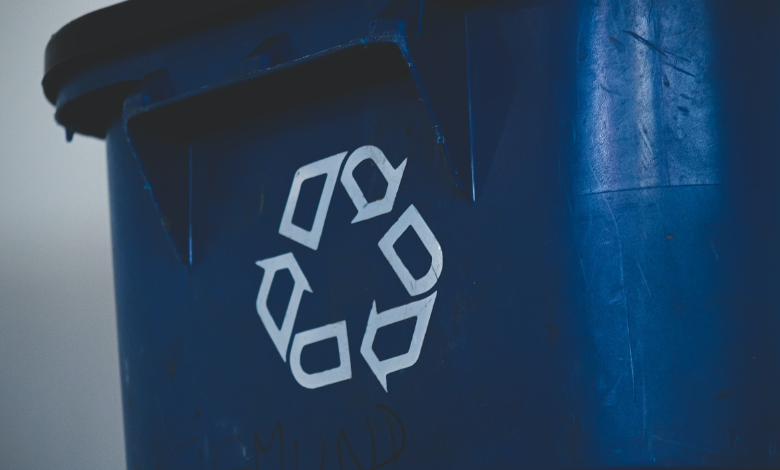The Gulf state has implemented several notable initiatives in line with Qatar National Vision 2030, said an official. Speaking to The Peninsula, chairman of Elite Paper Recycling Abdulla Al Suwaidi highlighted the country has made commitments to mitigate climate change.
“This long-term development plan includes environmental sustainability goals and we as Elite provide as much as we can in terms of raising awareness and importance of recycling and what it will impact if we don’t take responsibility and don’t recycle.”
Making Youth Aware Of The Importance Of Recycling
The official elaborated on the significance of enlightening the future generation on the need to recycle. The leading manufacturing firm began its operations in 2014 and has inked deals with several entities in Qatar over the years, including Al Meera and Milaha.
Al Suwaidi further noted that the key memorandums of understanding signed are aimed at creating wider impacts in society by not merely targeting entities, but also the staff, friends and families on a larger scale.
Elite Paper Recycling has also launched the Eco Dome Project, which seeks to show the younger generation the importance of recycling and what will happen if they don’t recycle. The project serves as an edutainment awareness initiative.
Furthermore, the official outlined the pioneering projects in the years ahead, highlighting Elite Tissue Factory, too. “We will be producing the raw material for the tissue made from FEC certificate pulp resources and natural resources using plants instead of cutting trees.”
Read More: Reactions To Sheikh Meshal’s First Speech As Kuwait’s New Emir
An Insight Into Qatar National Vision 2030
The National Vision seeks to help Qatar become an advanced society capable of sustaining its development and providing a high standard of living for its residents. It aims to address five major challenges facing Qatar, including
1. Modernisation and preservation of traditions
2. Managed growth and uncontrolled expansion
3. Economic growth, social development and environmental management
4. Needs of the current generation and of future generations
5. Size and quality of the expatriate labour force and the selected path of development


















